Growing up in San Diego, my family and I would travel to Mexico fairly regularly. Albeit Americanized, Baja California had so many sounds, tastes, and people that were different from our own. My sister and I both grew up with an appreciation of the Mexican culture, especially because of my mother’s fondness of Cesar Chavez and his arduous, selfless fight toward unionization in the Californian grape fields. I suppose you could say this was the beginning of my wanderlust and desire to learn about other cultures.
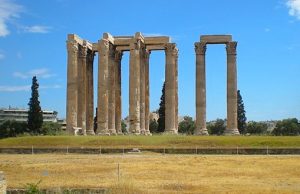



My ninth grade English teacher had been trying to plan a European tour for years, but it wasn’t until our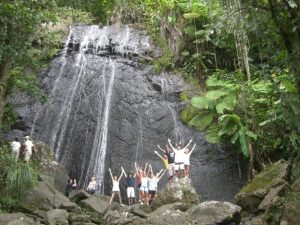



and Assisi. I could hardly wait to finish the school year and get on that plane! My dad accompanied as one of the chaperones, which added a certain degree of comfort in this excitingly new experience. Before I knew it, classes were done, my bags were packed, and the plane was taking off. I had never felt more at home, though I was 5500 miles away. I left my heart in Italy on that trip because I finally experienced firsthand what I had previously only seen in slides: the Colosseum, Il Duomo, “The Creation of Adam”, and Michelangelo’s David to name but a few.
I joined choir my junior year of high school because I love music and I knew that each spring the 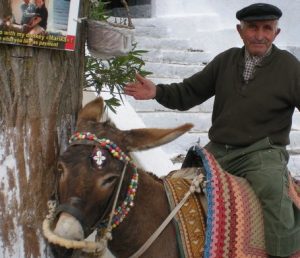



Later, when deciding on universities, one of my four main criteria was the quality and variety of study abroad programs offered by the institution. After all of the short trips abroad, I craved a longer stay to immerse myself in another culture. Fortunately, for my Bachelor’s degree in Archaeology I had to obtain real world experience and travel abroad to excavate. The summer program that year was to Menorca, one of the Balearic islands off the coast of Spain.
Ten days before the dig began, I decided to spend a few days in Athens, Santorini, and Barcelona, three 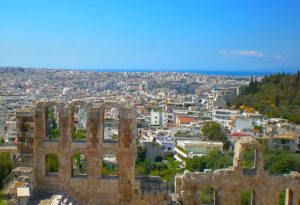



The entire island of Menorca is a United Nations Biosphere Reserve, where there are several regulations for construction, preservation, and development. One of the professors leading the dig vacationed on the island every summer with her family growing up and is currently a professor in Madrid. She provided an enormous amount of information regarding the local culture, government, and relations with Spain. For six weeks, we overturned centuries of stone and sediment at a Neolithic Talayotic village. By the end, I had learned new skills and befriended wonderful people.
After Menorca, besides a short trip off the mainland to Puerto Rico, I wasn’t able to travel internationally again until the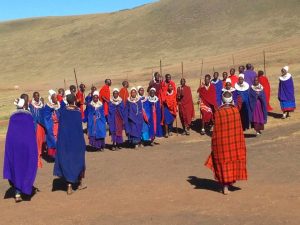



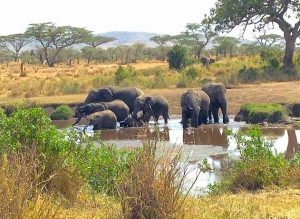



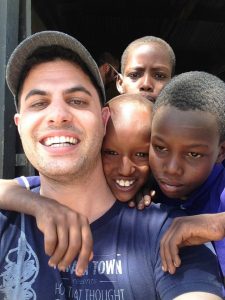



Language, culture, mannerisms, and food can separate us from one another. For millennia, through ocean and earth, we’ve drawn lines in the sand and claimed, “We are different, so this is mine and that is yours.” Sometimes diversities cause us to have preconceived notions of each other without ever meeting. Travel helps us break down these barriers and inspire empathy. It is easier to comprehend something when it’s right in front of you—when you actually taste it, feel it, experience it. So think, what could travel mean for you?
[accordion_tab title=”Graduate Correspondent: Tanner Knorr” default]
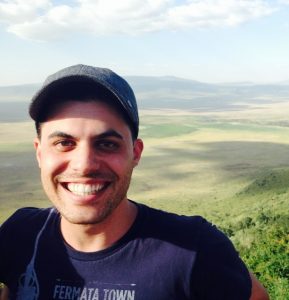




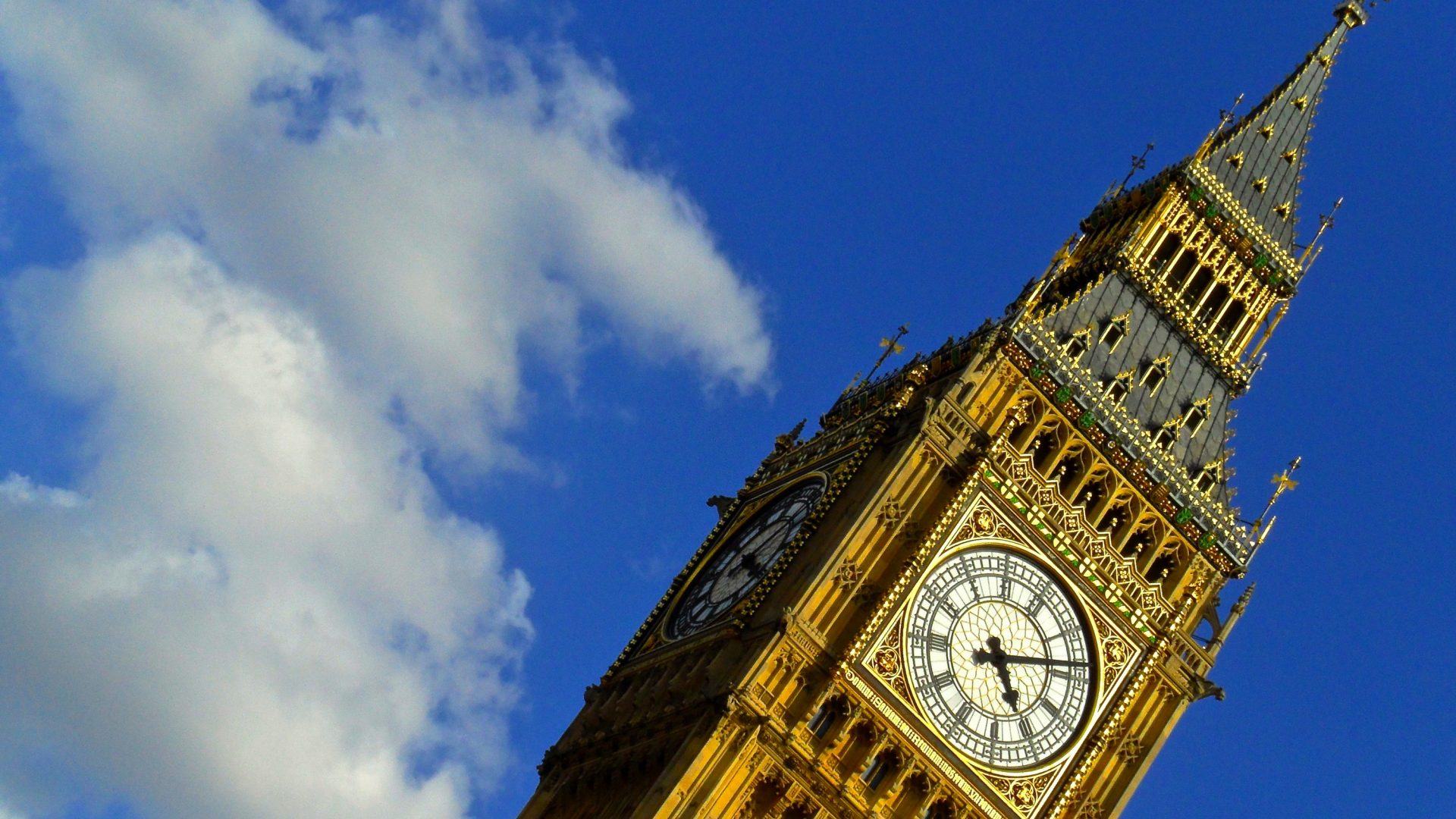
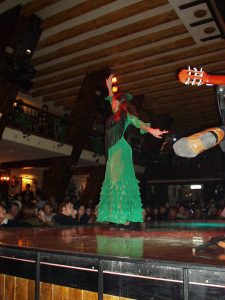
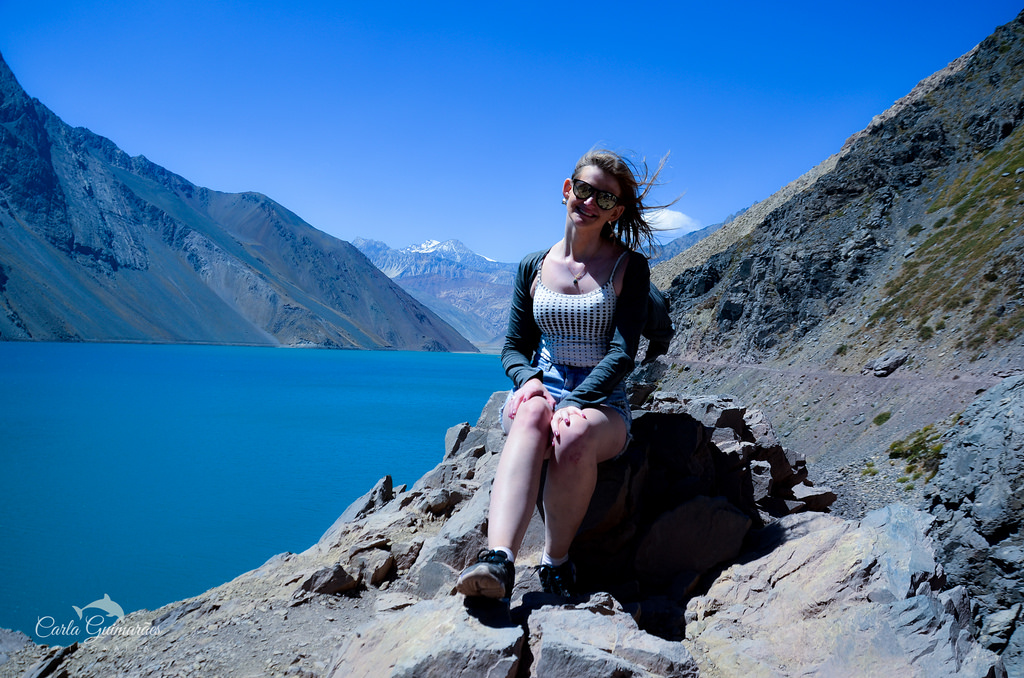

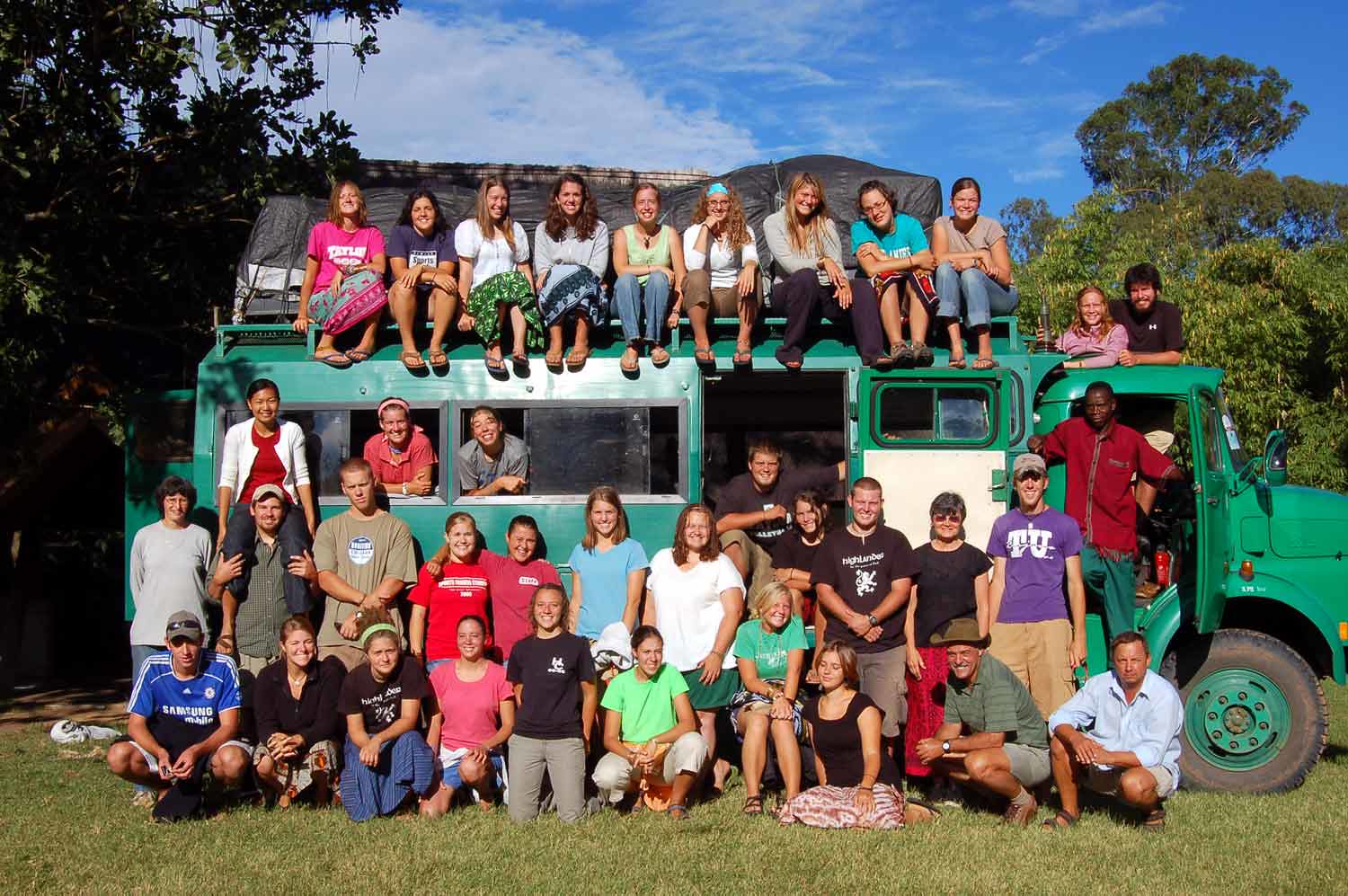
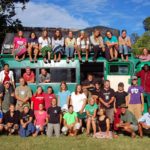
I love this article and the insight it provides into the importance of cultural diversity in someone’s life. A person can learn about themselves just by experiencing other cultures. May favorite part was the “strive for sustainability” line because sustainability is crucial to so many aspects of the planet and sustainable tourism could be a means of helping nations moving up in the world.
Thank you so much, Sam! I will be writing more about sustainable tourism in a later article, so I will be sure to let you know when that is published. But I do agree with you– tourism can be one of the strategies to combat poverty. It’s important to look at the long term plan when developing a tourist destination.